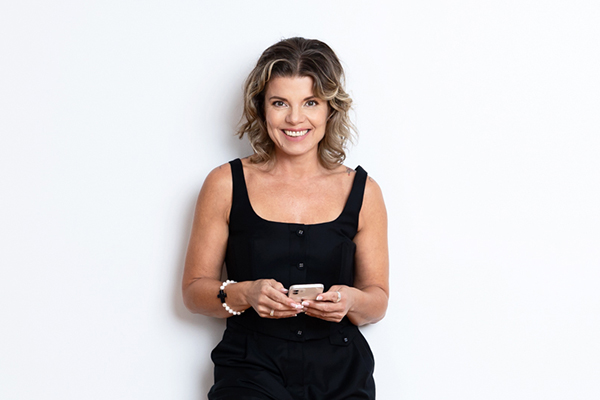Why What You Do Matters

Why What You Do Matters
When we’re leading in complex and changing contexts, it can feel like nothing we do makes a difference. But what you do matters more than you think and in ways you’ve probably never realised.
Here’s why.
Transcript
This week I want to talk to you about why what you do matters. Why it matters perhaps more than you think and in ways that you may not have ever considered with people you may never meet.
So this is based on a piece of research done in the US about 30 years ago now and it started off with the data set for the Framingham Heart Study and what this study looked at was how heart disease is prevalent through social networks.
What they found was that if we are a person who has heart disease then it’s likely that the people that they are most connected with socially will also be predisposed to have heart disease. And this makes sense because, I don’t know about you, but the people I spend time with are the people who like spending time in the same way as me, so if I’m particularly active, if I’m particularly social, if I have an interest in a particular aspect of life, I find myself drawn to people who have similar ways of living, similar ideas and interests as me.
Now about two decades later two (01:17) different set of researchers took that same data set that had looked at the prevalence of heart disease, but they looked at it through a different lens. They looked at it through the lens of emotions.
The Framingham heart study had established that behaviors move through social networks – so there is ‘social contagion’ to behaviors, and what James Fowler and Nick Christakis wanted to do was look at that same data set and ask is it true for emotions?
What they found was that it was. It was true for both positive and negative emotions to Three Degrees of Separation. What does that mean? It means if you and I are having a conversation and we are feeling buoyant and uplifted by our interaction, that’s the ‘core event’. We then go away and each of us respectively spend time with our family – that’s one degree of separation. Our family members then go and spend time with their friends – that’s two degrees of separation. And then their friends go and spend time with their respective family – that is three degrees of separation.
The energy and positive emotion that was generated from our original uplifting interaction influences to that third degree of separation. People we probably don’t know and may never meet are impacted in ways that we may never have understood or thought of through what we choose to do with our energy through the interactions that we create and generate.
And the thing is as Leaders, because of the power that we have in the systems that we lead – for example with our team – it matters even more because that initial influence is so much greater, the ripples that come out of that in terms of the social contagion to Three Degrees of Separation are even stronger.
Now of course the same is true for negative emotions; they also travel through social networks. I’m sure you’ve experienced this as you see the influence that one negative team member can have on the energy of the team over the course of a day or even a meeting.
So, what you do matters. It matters more than you think because it influences people that you may never meet. What you do matters because it influences feelings and behaviors of the people closest to you and the ripples that come from that are significant.
So, now that you know, what does that mean you might do differently today?
Until next time…





